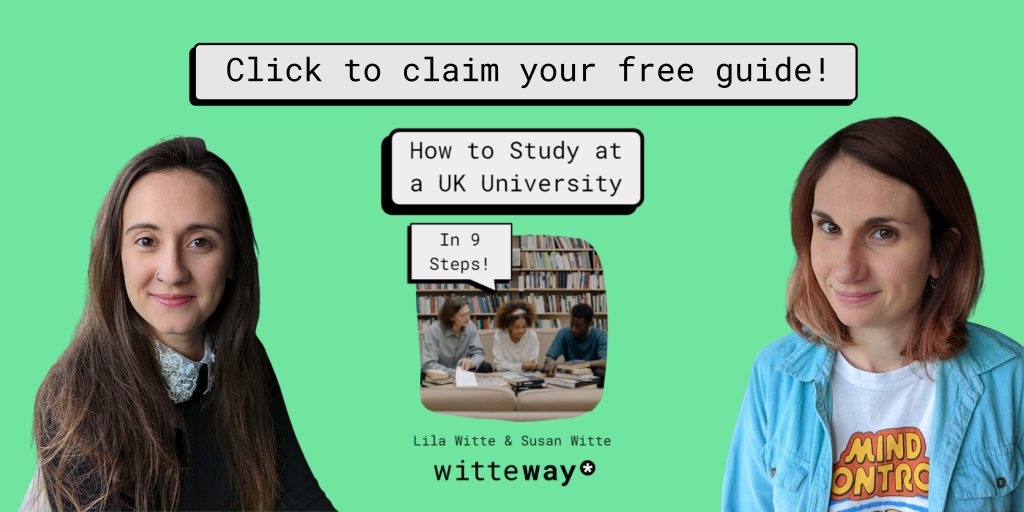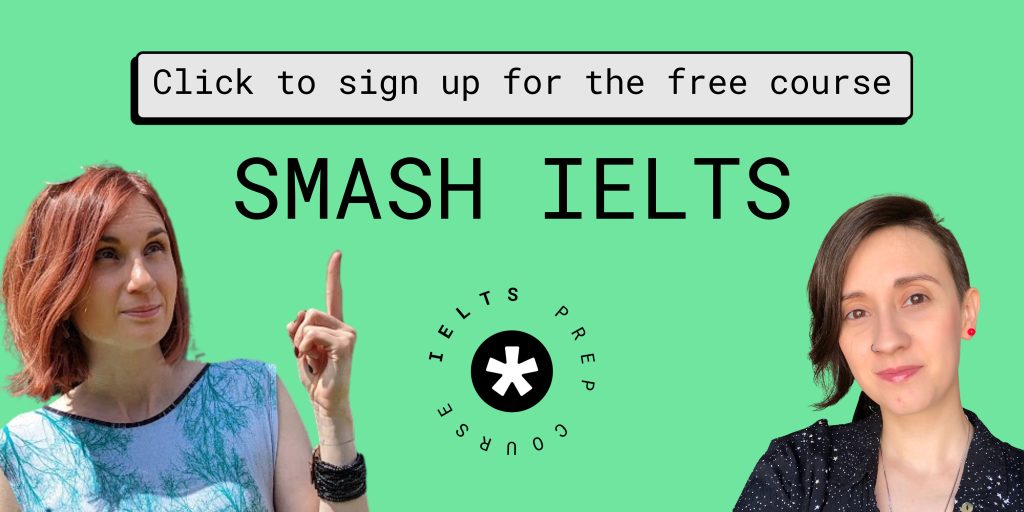Listening to music is a great way to practise your listening skills in English and prepare for the IELTS.
There are several reasons why:
- It trains your ears to get used to English language sounds;
- It’s fun, so you learn more while avoiding burnout;
- The human brain has infinite storage space for songs and is wired to keep them for a long time, which means that you are less likely to forget things you learn through songs;
- There are millions of songs out there, so there is no lack of material.
Students who are preparing for the IELTS worry that songs will be a waste of time, because there is no music task in the test. However, improving your listening skills in English will help you do better in the IELTS, even if you are not practising using IELTS tasks.
Also, some people worry that songs may not have the correct grammar and may contain a lot of slang, and that they will learn “incorrect” English. Don’t worry about that. Keep in mind that songs from different places may have different dialects and uses within English. A common one in the US is AAE (African America English), which has a different set of grammar rules – you will notice their use in rap and hip-hop, for example. Another example, in the UK, are the dialects in the north of England, which also use some grammar rules differently – you may notice this in bands like Arctic Monkeys and Oasis.
The good news is that the human brain is very clever and is able to distinguish when it is appropriate to use one or the other set of rules. This is called code-switching and we often do it instinctively. You probably speak differently when you are talking to friends and when you are in a job interview or presenting a thesis. Being able to code-switch in English is a great skill to have and it will help improve your English level. And listening to different styles of music in English can help you achieve that!
How can you practise your English using music? There are many ways, here are some of them:
- Passive learning: our brains can learn even when we are not trying to learn. This is called passive learning. Listen to music while you are doing something else, like cleaning or taking a shower. Even if you are not paying too much attention to the songs, your brain is getting used to sounds, pronunciation, words, etc. The more you do it, the better, as passive learning takes longer than active learning.
- Active learning: listen to a song you like, read the lyrics, look up vocabulary you don’t know, sing along and do a karaoke session with friends. You will be actively studying English while having fun!
- Lyrics training: go to lyricstraining.com, pick a song and practise filling the gaps. Gap-filling is a common task in the IELTS and practising for it by listening to music makes it way more interesting.
I hope you enjoyed our tips. Remember that having fun while you learn is a great way to learn faster. Now go turn the radio on and happy learning!
Take your English to the next level with our English + IELTS Prep course!





Do you like using music to practise your listening skills?
Have any song suggestions?
Let us know below!


Recent Comments